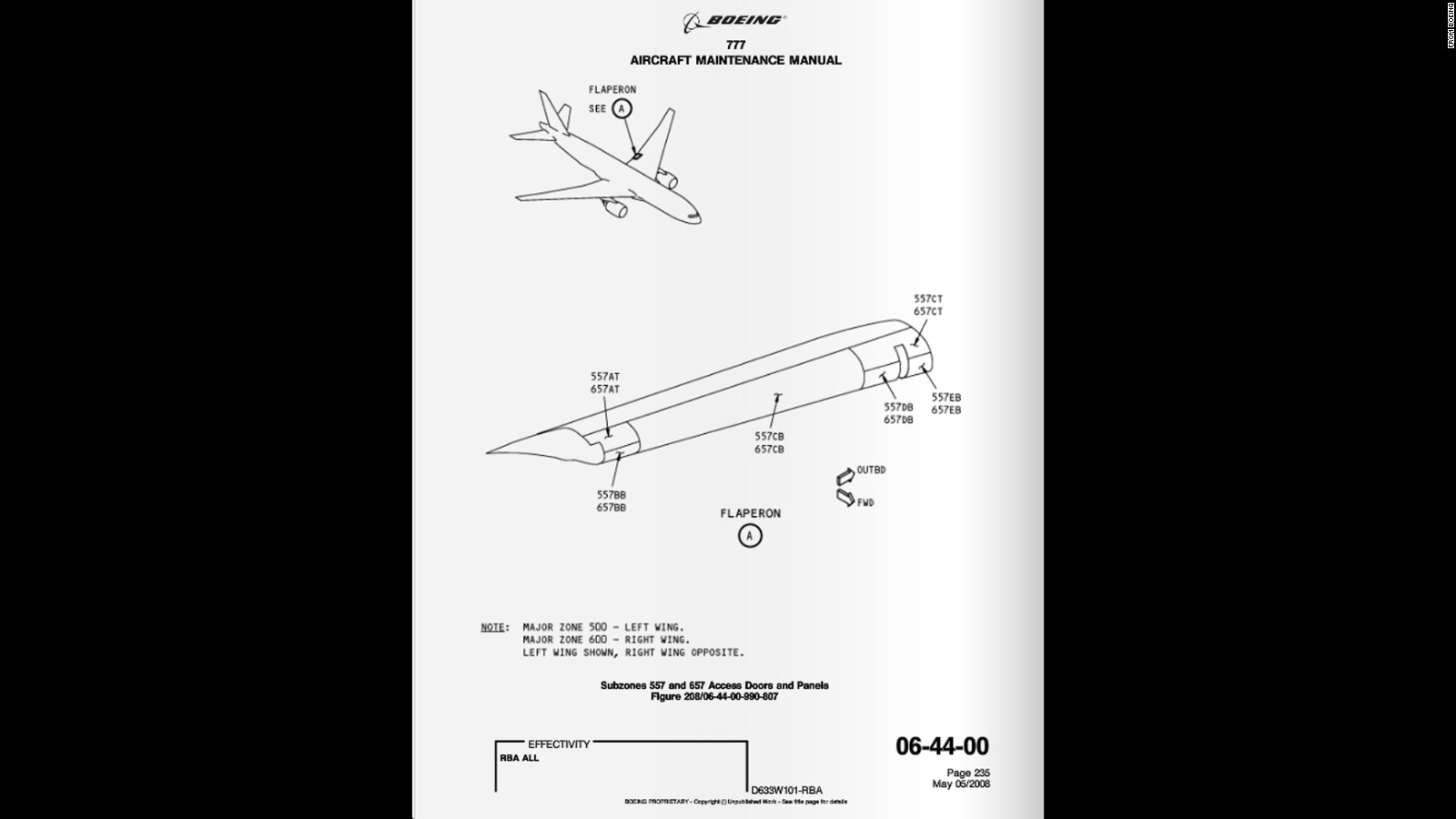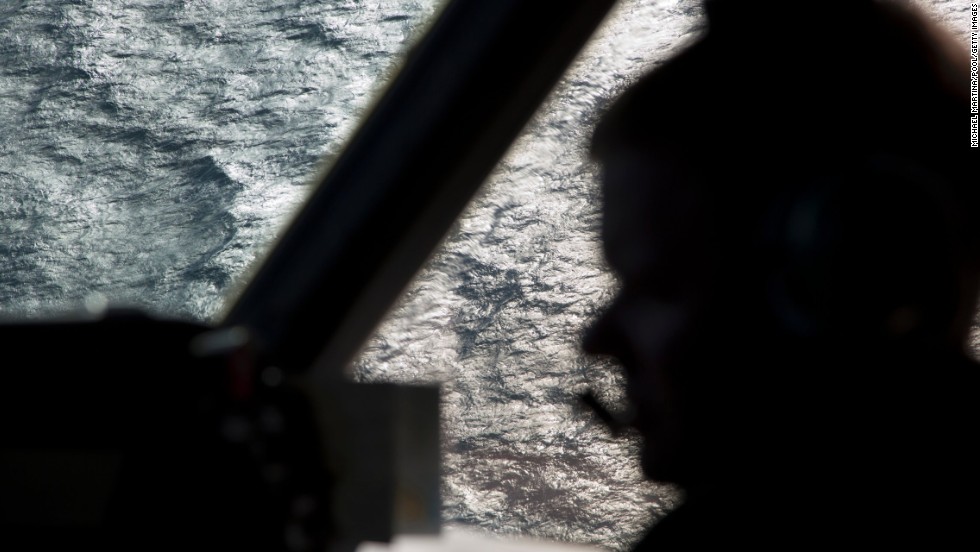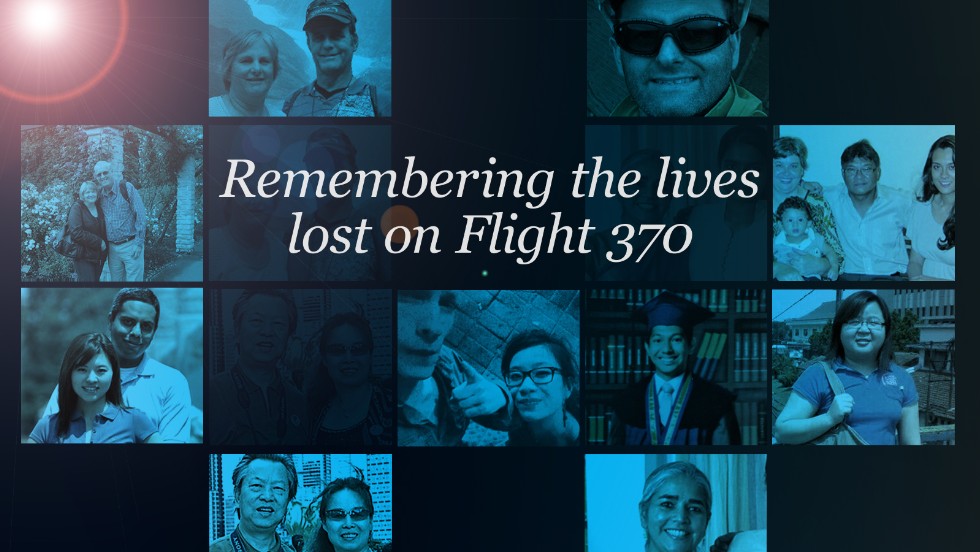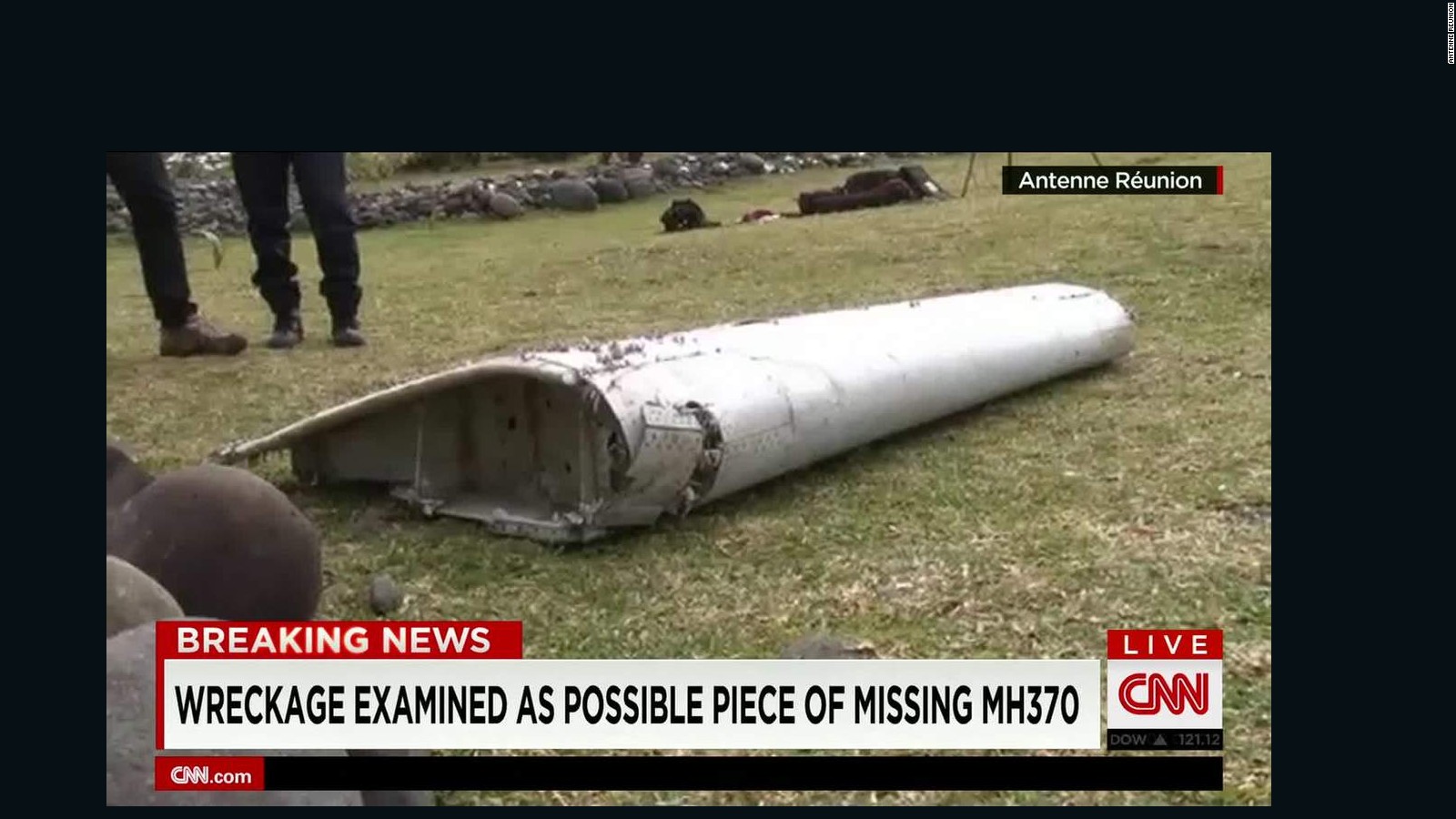Illustration: Liu Rui/GT
http://www.cbsnews.com/videos/special-report-president-obama-outlines-isis-strategy/
9/11 prompted end of US arrogance
Was it the day which changed the world? Scholars are still pondering on the impact of the September 11 attacks on US foreign policy.
Those who consider the terrorist attacks on September 11, 2001 as a turning point mainly attribute the subsequent US military reaction to their trauma.
Others who disagree with this perspective employ a rather different argument. They claim that this catastrophic incident only highlighted Washington's unilateralism, which had been already apparent during the first months of George W. Bush's presidency and the last years of Bill Clinton's administration.
Nonetheless, Washington's response, and especially the war on Iraq, has changed the world indeed.
Advocates of the war in the US claimed that this military campaign was a necessary decision in the context of the international fight against terrorism and the need of a preemptive action against the usage of weapons of mass destruction by dictators.
But the result of the preventive war against Iraq has been rather dramatic. It left chaos not only in Iraq, but in the wider Middle East. The recent success and advance of the Islamic State (IS) outline that stability is a utopian dream at present.
Terrorist groups give the impression of a modern hydra which grows more heads for each one cut off. Few outside of Iraq could recognize the IS last year. But now it is widely considered as a new international threat jeopardizing security in the Middle East and defying human dignity, as in the brutal and videoed beheadings of journalists.
Instead of spreading democracy in the Middle East, the US is continuously involved in new battles and adventures. Its military victories are Pyrrhic, while the risk for the opening of new fronts in the future is high.
More importantly, the lack of clear political objectives complicates its efforts to deliver at the international level. Washington is not responsible for existing internal tensions, ethnic, religious, or political, in the Arab world, but it often incites them through its interventionism.
The image of the US in the Arab world remains problematic 13 years after the 9/11 attacks.
According to a recent Pew Research Center poll, just 10 percent of respondents in Egypt and 12 percent in Jordan hold a favorable view of Washington.
Anti-Americanism has been recently on the rise due to additional issues, such as the monitoring actions of the National Security Agency and the use of drones in Pakistan, Yemen and Somalia.
Pew Research Center also reveals that China is more popular than the US in the Middle East, with 49 percent of respondents holding favorable views of Beijing and just 30 percent of Washington.
We cannot tell how the map of the Middle East might have been shaped without the war on Iraq. Some Western policymakers insist that the world is safer as a result of US foreign policy in the aftermath of 9/11. Reality, however, challenges this view, and shows that the brief period of US dominance looks to be over.
A new multipolar world has been created in recent years. Washington's failure in Iraq and the ensuing economic crisis have seriously hit its post-Cold War superiority.
In parallel with this, the rise of new countries such as China has started to alter the balance at the global level. This new environment is perhaps the most significant evolution of the post-9/11 era.
The study of international relations has to closely follow developments. Ironically, in spite of critical changes such as the relevant fall of the US and the rise of China, a basic factor remains constant. This is the success of terrorism. It was Al Qaeda 13 years ago and it is the IS now, as far as the Middle East is concerned.
The new multipolar world requires international cooperation more than ever. Arrogant foreign policy choices can no longer find a place.
By George N. Tzogopoulos Source: Global Times Published: 2014-9-10 19:23:01
The author is a research fellow at the Hellenic Foundation for European and Foreign Policy. opinion@globaltimes.com.cn
To Destroy ISIS in Middle East and Syria!
From Malaysia ISA to IS - Islamic State Terrorists
 He lived hereMohammad Fadhlan’s family home in Kampung Bukit Kabu, Kulim. The self-proclaimed jihadist was killed during an attack by Syrian warplanes and tanks.
He lived hereMohammad Fadhlan’s family home in Kampung Bukit Kabu, Kulim. The self-proclaimed jihadist was killed during an attack by Syrian warplanes and tanks.
Fighting for a faraway cause: (top left) Mohd Lofti, Zainuri, Mohd Rafi, (lower left) Samad, Zid Saharani among the five former ISA detainee who had gone to Syria along with Zainan (lower right), who was recently killed.
PETALING JAYA: Five former Internal Security Act (ISA) detainees are among 40 Malaysians who have joined up with the Islamic State militants in war-torn Syria where multiple factions are vying for supremacy.
The five are former Kumpulan Mujahideen Malaysia (KMM) members Zainuri Kamaruddin and Rafi Udin along with former Jemaah Islamiah (JI) operative Samad Shukri and Zid Saharani Mohamad Esa.
Former Kedah PAS Youth information chief Mohd Lotfi Ariffin, 45, rounded up the list.
Sources said that Zainuri, Rafi and Samad had gone to Syria on April 18 along with recently killed Jihadist Zainan Harith, also known as Abu Turob.
The latest Malaysian to be killed in the conflict was Mohammad Fadhlan Shahidi Mohammad Khir, 21, from Kedah. He was killed while fleeing an attack by Syrian government forces on Tuesday.
“Zainan was killed in an attack in Syria which left the other three severely injured. The authorities believe all the former ISA detainees are still in Syria fighting for a militant group,” a source said.
It is learnt that the five along with Zainan, were deeply influenced by extremist teachings and would often keep to themselves.
“It can be said that those who went to fight in Syria are very similar to each other. They believe that almost any means justifies the ends thus they are willing to do almost anything to justify their false jihad,” a source said.
In Malaysia, they held meetings dubbed “Usra” in random locations to avoid detection.
“These Usra included planning attacks and heists to fund the extremist movement. Their ultimate goal was to bear arms and fight in Syria,” the source said.
Surveillance by the authorities also resulted in various “Usra” locations being identified in the Klang Valley. Among the locations were Puchong, Shah Alam and Puncak Alam in Klang.
Aside from planning, the Usra was also used to invite “key” speakers, including jailed JI leader Abubakar Basyir. It is learnt that Abu Bakar gave various talks between 1998 and 2000 to further indoctrinate the followers.
Citing the example of Zainan, a former KMM member, the source explained that the 52-year-old man would distance himself from the family.
“If he did talk to his wife or other family members, it was about religious matters,” he said.
It is learnt that Zainan did not finish secondary school and joined the “tabliq” (missionary) movement soon after dropping out.
“He spent most of his time at the mosque in Taman Datuk Harun here. In 2000, while with KMM, Zainan was involved in the Hong Leong Bank heist in Petaling Jaya along with four others. They escaped with RM110,000 in cash,” the source said.
This was followed by a string of robberies, including a weapons raid on the Guar Cempedak police station and Southern Bank in Petaling Jaya.
“Zainan was finally arrested in 2001 and released from prison in 2010,” the source said.
When he left for Syria in April, Zainan did not even tell his wife about it. He just threw the car keys and said he was leaving.
“He only contacted the wife when he was in transit to Syria. They have been in constant contact via Whatsapp since – until their last communication on Aug 15,” the source said.
The source said the wife, who works in a private company, never suspected that Zainan would be involved in illegal activities, let alone extremism.
“She is used to his mysterious nature, having not told the wife when he went to Cambodia for some humanitarian work. The wife also learned not to ask any question as Zainan never brought any friends home,” the source said.
By Farik Zolkepli The Star/Asia News Network
Youngest jihadist is second Malaysian to be killed in Syria
Mohd Fadhlan youngest Malaysian jihadist in Syria.
PETALING JAYA: As Syrian jet fighters and tanks fired on a militant base in east Hama, Syria, in a daylight attack, the self-proclaimed jihadists, which included several Malaysian volunteers, fled in trucks and other vehicles.
Mohammad Fadhlan Shahidi Mohammad Khir, 21, from Kedah, was in one truck when he was hit by shrapnel and fell out of the speeding vehicle during the assault on Tuesday morning.
A tank was firing on the truck so the driver could not stop to enable the other passengers to pick up Mohammad Fadhlan, a fellow Malaysian jihadist Ahmad Salman Abdul Rahim revealed.
Militants in another truck managed to pull him into their vehicle shortly after but he was mortally wounded and died minutes later.
“Fadhlan died in the arms of a comrade,” Salman said.
Mohammad Fadhlan is believed to be the youngest Malaysian jihadist and is the second Malaysian to be killed in the ongoing conflict between the militants and the President Bashar al-Assad’s government.
The attack also wounded two other Malaysians: former Kedah PAS Youth information chief Mohd Lotfi Ariffin, 45, and another known only as Abu Agfhan.
Mohammad Fadhlan’s mother Fatimah Md Lazim, 55, identified his body from photographs, according to a source here. His remains were buried in east Hama.
His father Mohammad Khir Ismail, 59, has not been told of his death, reports ROYCE TAN.
“We have yet to break the news to our father because he is bedridden after suffering a stroke.
We don’t think he will take the news well,” said Mohammad Fadhlan’s brother Firdaus, 27, at the family home in Kampung Bukit Kabu in Mahang Karangan, Kulim, yesterday.
Mohammad Fadhlan was the fifth among eight children in the family. He has four sisters and three brothers, aged eight to 29.
He went to Syria on May 13 via Istanbul.
“He sent our mother a text message on May 14 telling her he was going to fight in Syria. We didn’t believe it at first. We only realised he was serious when we saw his Facebook postings,” said Firdaus.
After that, Mohammad Fadhlan did not keep in touch with his family.
“We tried sending him messages on Facebook but he never replied,” Firdaus said.
The first Malaysian militant to die in Syria was Abu Turob, 52, who was killed during an attack by tanks and snipers on Aug 19.
Another militant, Pahang-born Ahmad Tarmimi Maliki, died in Iraq when he drove a military vehicle packed with explosives into a SWAT headquarters and detonated it, killing 25 soldiers in May.
Source: The Star/Asia News Network
China unlikely to step into IS fray
Washington to extend airstrikes to Syria
China is unlikely to directly join in the current stage of the US-led fight against the radical Islamic State (IS) but will provide moral support instead, analysts said Thursday, following US President Barack Obama's call to build a broad anti-IS coalition to crush jihadists in Iraq and Syria.
In a broad escalation of the fight against the IS, which occupies large swaths of land in Iraq and Syria, Obama said in a televised speech Wednesday night that the US will extend airstrikes to Syria and expand operations in Iraq.
Obama also said he was building a broad anti-IS coalition involving Sunni-led governments in the region and Western allies.
His speech came after reports that US National Security Adviser Susan Rice requested China's support in forming the coalition during her visit to Beijing earlier this week. The Washington Post quoted an anonymous official as saying that, "The Chinese expressed interest [at the proposal]."
On Thursday, Hua Chunying, a spokeswoman for China's foreign ministry, didn't directly respond to the question of whether China will join the coalition, but said "China is ready to abide by the principle of mutual respect, equality and cooperation in strengthening anti-terrorist cooperation with the rest of the international community and maintaining global peace and stability."
Dong Manyuan, a deputy director of the China Institute of International Studies, told the Global Times that he does not expect China to directly step into the fray, despite some shared interests between the US and China in combating terrorism.
Last week, Iraq's defense ministry posted on its Facebook page photos that it said show a captured Chinese man fighting on behalf of the IS, reported the New York Times.
The Chinese government has yet to confirm the report, but various sources previously suggested that jihadists from Northwest China's Xinjiang Uyghur Autonomous Region are fighting alongside IS fighters in Syria.
Wu Sike, China's former special envoy to the Middle East, told a press conference in late July that around 100 jihadists from Xinjiang, most of whom are members of the separatist group East Turkestan Islamic Movement, are fighting or being trained in the Middle East.
Turmoil in Iraq, a major source of China's oil imports, also posed a threat to Chinese businesses operating in the country.
Zhao Weiming, a professor of Middle East Studies at Shanghai International Studies University, said China may support the US in its fight against the IS, but that its support will be limited to the diplomatic level, and "it is not going to participate in any military actions against the IS."
However, Zhao told the Global Times that support for the US fight against the IS doesn't mean that China supports all US military actions carried out in the name of fighting terrorism.
"China opposes the US using anti-terrorism as an excuse to serve its own ends," he said, referring to the US decision to strike Syria.
Obama Wednesday also asked Congress to authorize $500 million to train and arm "moderate" Syrian rebels outgunned by the IS and President Bashar al-Assad's forces.
"We hold that in the international struggle against terrorism, international law should be respected, as well as the sovereignty, independence and territorial integrity of the countries concerned," Hua told Thursday's press briefing.
The US plan for airstrikes in Syria drew protest from Ali Haidar, Syria's Minister of National Reconciliation Affairs, who said any military action without Damascus' permission is an act of aggression.
"China might give a tacit consent to strikes against IS targets [in Syria], but it has a bottom line - no attack on Syrian government targets or civilian facilities," Zhang Jiadong, a professor with the Center for American Studies at Shanghai-based Fudan University, told the Global Times.
Zhang added that China will not allow the US to weaken Assad's regime or destabilize Syria under the disguise of anti-terrorism.
China's stated policy is consistently one of non-intervention, which has been criticized by some observers in the West.
In an August interview with New York Times columnist Thomas Friedman, Obama said China has been a "free rider" for the last 30 years, referring to the crisis in Iraq.
Dong argued that US Middle East policy is the cause for turmoil in the region, and has forced some Chinese companies to pull out of the region. "The US not only failed to give Chinese companies a free ride, but actually made trouble for them."
Zhao shared similar views, noting that China played a significant role in Iraq and Afghanistan's reconstruction following US-led wars, and contributed to local economic development.
In the fight against the IS, Zhang noted that China can play a unique role in bridging the differences between Washington and Damascus.
US hostility toward both Assad's regime and the IS, combined with close ties between Damascus and Baghdad, have made it very difficult for the US to carry out its policy, as its anti-terrorist efforts might be offset by the complex situation, Zhang told the Global Times.
"China should press the US to change its policy toward Damascus, and push for national rebuilding in Syria to ensure its stability and security and weaken the foundation of the IS," he said.
By Yang Jingjie Source: Global Times Published: 2014-9-12 0:53:01
 Related posts:
Related posts:
Nothing
justifies civilian slaughter in China's '9-11'. Video More than 140
injured still being treated after Kunming terrorist attack. China was
outraged and the world shocked after separatists from Xinjiang knifed
down innocent ...
For
more on the murder of Jume Tahir, we're joined on the phone by our
reporter Zhang Nini who was f... Related posts: Terrorists Attack
Kunming Train Station, China's 9/11 ! Terrorists attack crowded Chinese
market, ...

The
wording is the continuation of the government's ambiguous stance on
China's counter-terrorism drive in Xinjiang, the northwestern autonomous
region haunted by suicide bombs and deadly assaults. In a related
development, CNN, which apologized after its biased news photo editing
in reporting of the March ... It is China's "9/11," only on a smaller
scale. The latest civilian slaughter conforms with any typical terrorist
attack and bears striking similarities with what ...
The
attack occurred at 7.50am local time in the city of Urumqi, the capital
of the volatile Xinjiang region, and has been described as a 'serious
violent terrorist incident' by China's Ministry of Public Security. Two
4x4 vehicles rammed into shoppers in an open market, Xinhua news agency
reported, citing witness .... Terrorists Attack Kunming Train Station,
China's 9/11. More voices of condemnation are expected. Anyone
attempting to harbor and provide sympathies for ...
Related:
Muslim Terrorists Steal 11 Commercial Airliners As 13th ...
 Malaysian Prime Minister Najib Razak (C) attends a press conference on the missing Malaysian Airlines flight MH370 in Kuala Lumpur, Malaysia, Aug. 6, 2015. Verification had confirmed that the debris discovered on the Reunion Island belongs to the missing Malaysian Airlines flight MH370, Malaysian Prime Minister Najib Razak announced here early on Thursday. (Xinhua/Chong Voon Chung)
Malaysian Prime Minister Najib Razak (C) attends a press conference on the missing Malaysian Airlines flight MH370 in Kuala Lumpur, Malaysia, Aug. 6, 2015. Verification had confirmed that the debris discovered on the Reunion Island belongs to the missing Malaysian Airlines flight MH370, Malaysian Prime Minister Najib Razak announced here early on Thursday. (Xinhua/Chong Voon Chung)

























